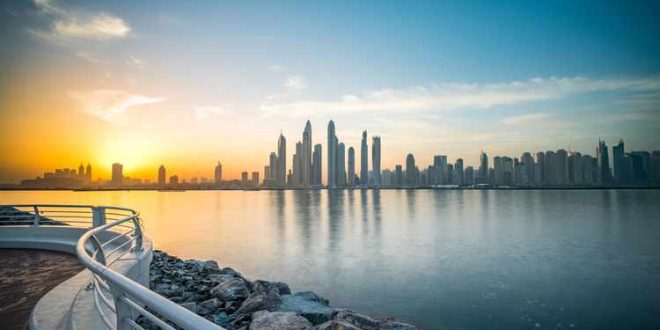A landmark report by the United Nations has issued a dire warning that time is running out to avert climate disaster and the advice deserves to be taken very seriously as it will affect each and every individual on planet earth, an editorial in a local English language daily has said.
The editorial, in today’s The Gulf Today, added, “Limiting global warming to 1.5 C will require far-reaching and unprecedented changes, such as ditching coal for electricity to slash carbon emissions, as per the exhaustive Intergovernmental Panel on Climate Change (IPCC) report, and leaders of the world better wake up to reality.
“The landmark Paris Agreement adopted in December 2015 by 195 nations at the 21st Conference of the Parties to the UN Framework Convention on Climate Change included the aim of strengthening the global response to the threat of climate change by holding the increase in the global average temperature to well below 2 C above pre-industrial levels and pursuing efforts to limit the temperature increase to 1.5 C above pre-industrial levels.”
“Unfortunately, actions on the ground so far do not match the pace at which the crisis is growing,” it said.
“Earth’s surface has already warmed one degree Celsius – enough to lift oceans and unleash a crescendo of deadly storms, floods and droughts – and is frighteningly on track towards an unlivable 3 C or 4 C rise.
“Extreme weather conditions, rising sea levels and diminishing Arctic sea ice are merely a tip of the iceberg compared to massive damage that humans could pay as a price for inaction.
“If anyone thinks that the problem is merely for the future generations to worry about, the thought is futile because at current levels of greenhouse gas emissions, we could pass the 1.5 C marker as early as 2030.”
The editorial continued, “The report rightly seeks huge changes in land, energy, industry, buildings, transportation and cities. Global net emissions of carbon dioxide need to fall by 45 per cent from 2010 levels by 2030 and reach ‘net zero’ around 2050.
“The stakes are especially high for small island states, developing nations in the tropics, and countries with densely-populated delta regions already suffering from rising seas.
“Scientists and experts have given their verdict. Now it is the duty of governments to act on the subject. Lethargy could prove disastrous.”
“The good news is that it is possible to tackle the climate challenge and limit global warming to 1.5 C. What is called for is global collective will and concrete action. There is absolutely no time to waste,” concluded the Sharjah-based daily.
 UAE BARQ برق الإمارات – نبضك
UAE BARQ برق الإمارات – نبضك


